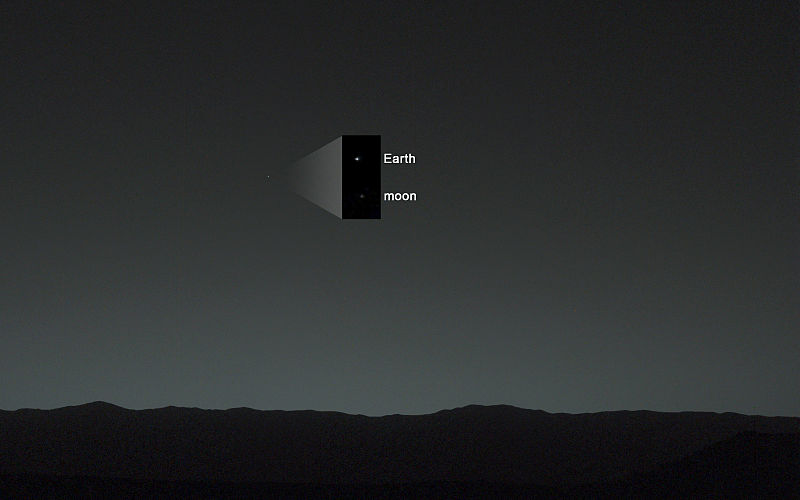This is GK Chesterton in ORTHODOXY wryly noting the self imposed difficulties of Nietzsche and Tolstoy, whom he compare with a saint, namely, Joan of Arc.
[The] attempt to evade intellectualism ends in intellectualism, and therefore in death. The sortie has failed. The wild worship of lawlessness and the materialist worship of law end in the same void. Nietzsche scales staggering mountains, but he turns up ultimately in Tibet. He sits down beside Tolstoy in the land of nothing and Nirvana. They are both helpless—one because he must not grasp anything, and the other because he must not let go of anything.
The Tolstoyan’s will is frozen by a Buddhist instinct that all special actions are evil. But the Nietzscheite’s will is quite equally frozen by his view that all special actions are good; for if all special actions are good, none of them are special. They stand at the crossroads, and one hates all the roads and the other likes all the roads. The result is—well, some things are not hard to calculate. They stand at the cross-roads.
… By the accident of my present detachment, I can see the inevitable smash of the philosophies of Schopenhauer and Tolstoy, Nietzsche and Shaw, as clearly as an inevitable railway smash could be seen from a balloon. They are all on the road to the emptiness of the asylum. For madness may be defined as using mental activity so as to reach mental helplessness; and they have nearly reached it. He who thinks he is made of glass, thinks to the destruction of thought; for glass cannot think. So he who wills to reject nothing, wills the destruction of will; for will is not only the choice of something, but the rejection of almost everything.
… Joan of Arc was not stuck at the cross-roads, either by rejecting all the paths like Tolstoy, or by accepting them all like Nietzsche. She chose a path, and went down it like a thunderbolt. Yet Joan, when I came to think of her, had in her all that was true either in Tolstoy or Nietzsche, all that was even tolerable in either of them.
I thought of all that is noble in Tolstoy, the pleasure in plain things, especially in plain pity, the actualities of the earth, the reverence for the poor, the dignity of the bowed back. Joan of Arc had all that and with this great addition, that she endured poverty as well as admiring it; whereas Tolstoy is only a typical aristocrat trying to find out its secret.
And then I thought of all that was brave and proud and pathetic in poor Nietzsche, and his mutiny against the emptiness and timidity of our time. I thought of his cry for the ecstatic equilibrium of danger, his hunger for the rush of great horses, his cry to arms. Well, Joan of Arc had all that, and again with this difference, that she did not praise fighting, but fought. We KNOW that she was not afraid of an army, while Nietzsche, for all we know, was afraid of a cow.
Tolstoy only praised the peasant; she was the peasant. Nietzsche only praised the warrior; she was the warrior. She beat them both at their own antagonistic ideals; she was more gentle than the one, more violent than the other.
Yet she was a perfectly practical person who did something, while they are wild speculators who do nothing.

